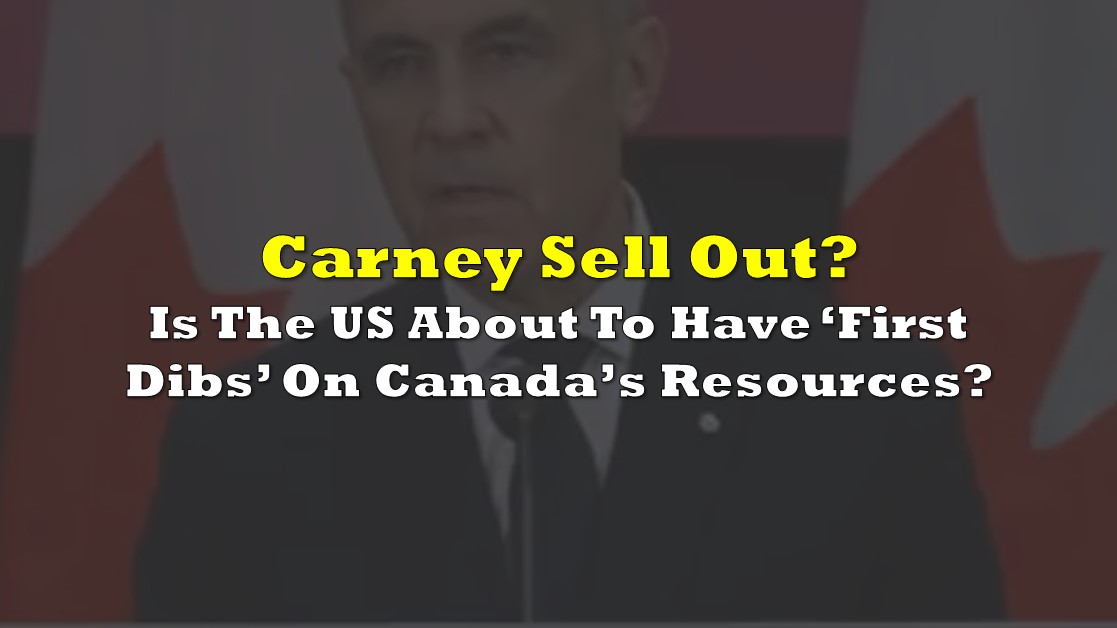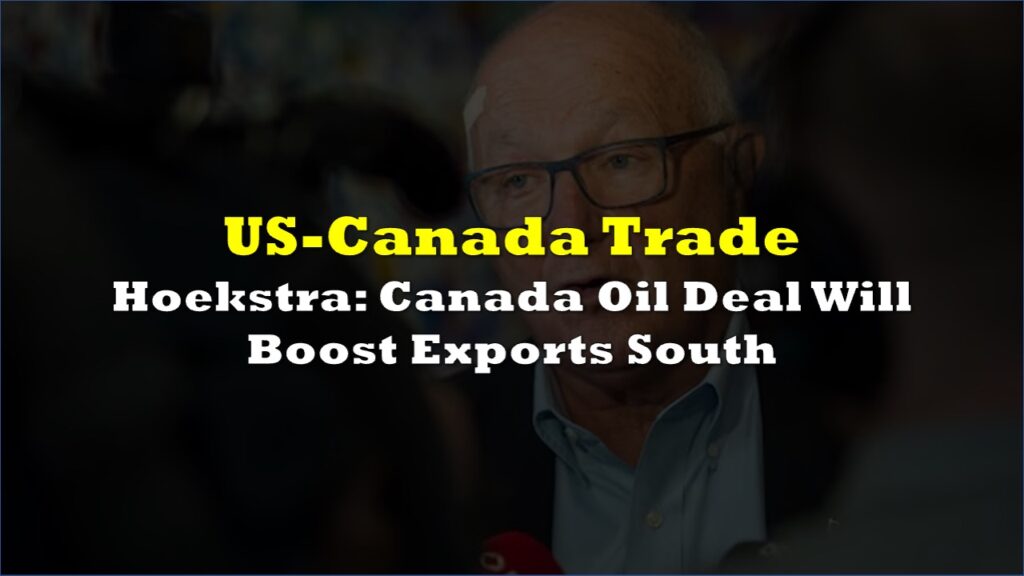The Economist briefly posted a now pulled story alleging that Washington and Ottawa are close to a pact giving the US first right of refusal on Canadian resources, particularly critical minerals. The arrangement reportedly would be in exchange for the lifting of tariffs on Canada’s exports to the US.
According to an archived excerpt shared on social platforms, “people briefed on the negotiations say the US would be guaranteed first right of refusal on Canadian resources.”
Flavio Volpe, head of Canada’s auto-parts lobby, was quoted warning that while America may reclaim manufacturing, “they don’t get to repatriate resources.”
The article was removed it appears: https://t.co/HmPtpnlPOJ
— Benoit Mayrand (@BenoitMayrand1) June 12, 2025
Prime Minister Mark Carney is under pressure to end a tariff war that has already pushed Canada’s trade deficit to a record $7.1 billion in April and nudged unemployment to 7% in May, a nine-year high. He told reporters in the Oval Office on May 6 that Canada is “not for sale, it won’t be for sale — ever,” after President Donald Trump floated annexation jokes.
Rare earth magnets underpin everything from EV motors to precision-guided munitions; each Lockheed Martin F-35 fighter contains roughly 920 pounds of rare-earth elements. A continental supply insulated from Beijing would be a strategic coup for the Pentagon.
Carney has simultaneously pledged an extra $9 billion this fiscal year to hit NATO’s 2% GDP defence target by March 2026, accelerating a promise originally slated for 2030. The spending surge on recruitment, drones and Arctic surveillance signals Ottawa’s willingness to bind defence and resource policy into a single US-centric framework.
Any mining boom will traverse remote Indigenous territories, triggering constitutional duties to consult and likely litigation. Even if investment floods in, new projects typically take a decade to reach full output—well beyond the current political cycle. Critics warn that a statutory US veto on exports could outlive both Carney and Trump, effectively outsourcing future Canadian industrial policy.
Supporters counter that locked-in demand would de-risk multibillion dollar mines and rescue factories now choking on tariffs.
Information for this story was found via The Economist and the sources mentioned. The author has no securities or affiliations related to the organizations discussed. Not a recommendation to buy or sell. Always do additional research and consult a professional before purchasing a security. The author holds no licenses.










One Response
Dont see the harm in that. It does not mean we cant sell to someone else, just that they have the right to match a 3rd party offer. If we can trade that for removal of Tarrifs, it sounds like a win